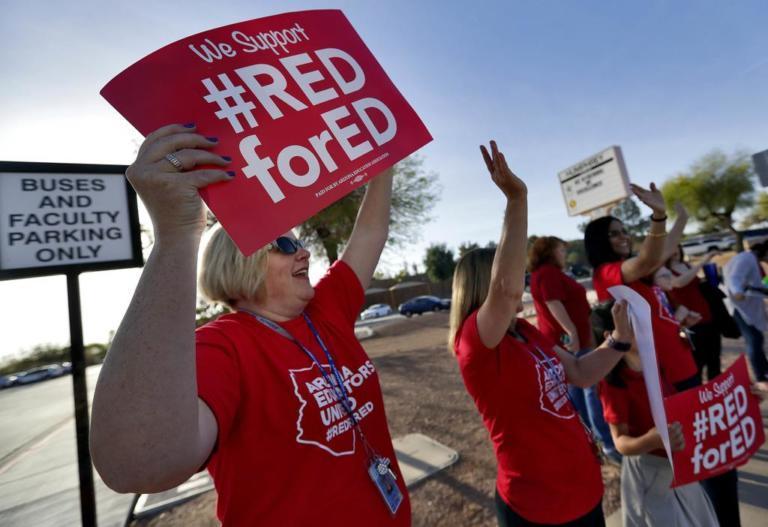New Report: African American Youth’s Perceptions of Education Landscape

UNCF releases its third installment of African American perceptions research on key issues in K-12 education
Nearly 70 percent of low-income African American youth surveyed indicate success in school is a top priority, and 89 percent agree it is important to obtain a post-secondary education, according to a new report issued by UNCF’s Frederick D. Patterson Research Institute (FDPRI).
A Seat at the Table: African American Youth’s Perception of K-12 Education is the third report in UNCF’s three-part series[1] on African American communities’ views of K-12 education. This newest research, which is a call to action around pre-kindergarten through post-secondary education, was released during an annual education summit hosted April 26 by UNCF. The summit serves as a platform for engagement and exploration of the role of African American students, leaders and voices–specifically the role of HBCUs–in education reform efforts, as UNCF seeks to ensure that these perspectives are truly amplified in both research and engagement efforts. View the summit here on Facebook Live.

Read the report here
“Contrary to a pervasive narrative that racial disparities in education are the sole result of disengaged students, African American youth indicated that success in school was their most important priority among other competing factors,” said Dr. Michael L. Lomax, president and CEO of UNCF. “This is important because research suggests that students who are more engaged and more optimistic about education are more likely to aspire to attend college.” >> Read More
Did you know?
 66 percent of low-income African American youth indicated that success in school was the priority most significant to them.
66 percent of low-income African American youth indicated that success in school was the priority most significant to them.Click here for a one-page summary of the report, A Seat at the Table
New Report: African American Youth’s Perceptions of Education Landscape|UNCF:


/cdn.vox-cdn.com/uploads/chorus_asset/file/10711393/Education_Funding_Changes_Since_2008_State_Data.png)
/cdn.vox-cdn.com/uploads/chorus_asset/file/10713539/Arizona_individual_top_tax_rate_since_1990.png)

